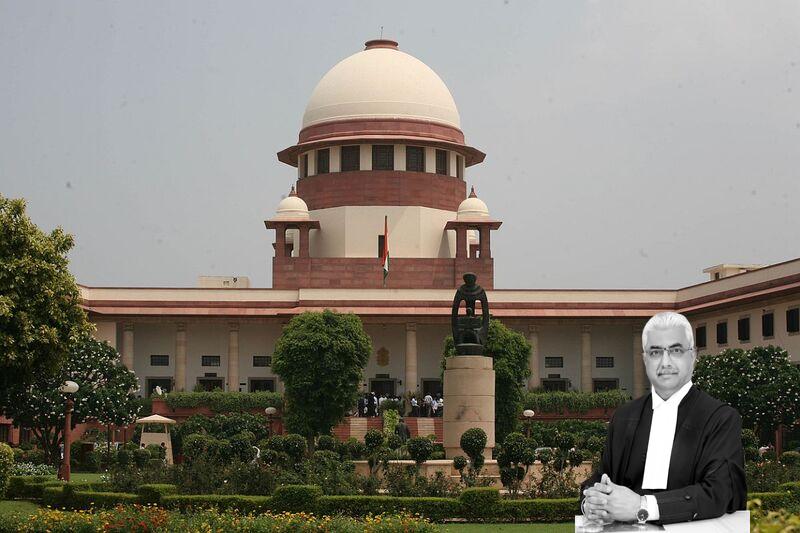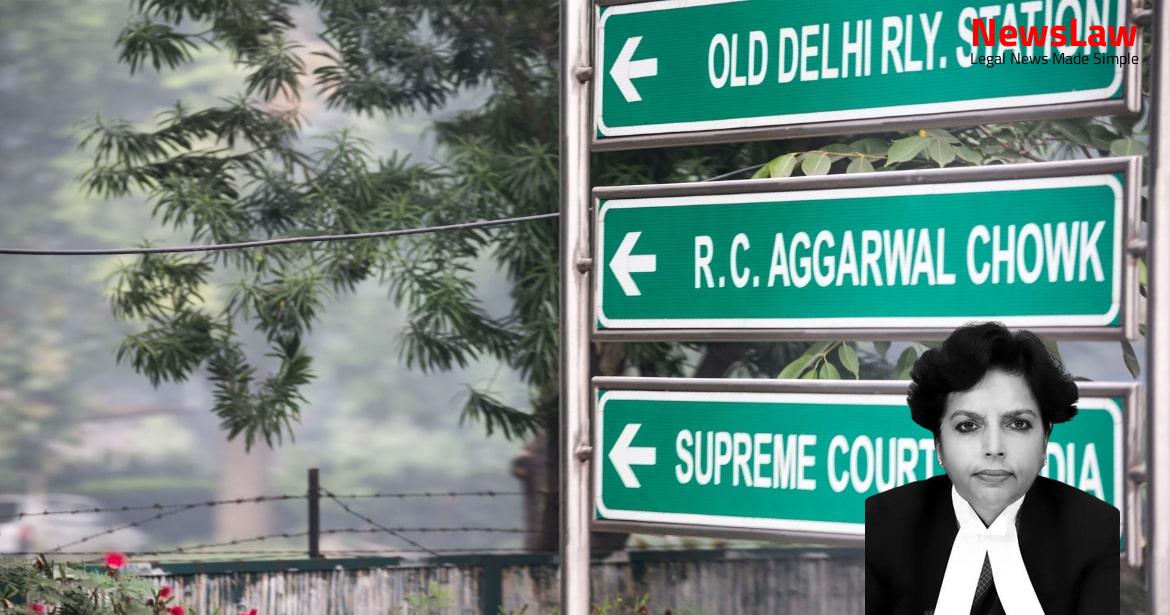The relevant facts, leading to institution of the present appeals, are noticed hereunder: a) The appellant, registered under the Tamil Nadu General Sales Tax Act, 1959 (“the Act”, hereafter), deals in maize starch since 1975. Later, through another amendment, ‘sago and starch of any kind’ was moved to Entry No 61 of Part B of Schedule I 2 (“Taxation Entry No 61”, hereafter) and the tax rate was reduced to 4% effective from 17 July, 1996. Although, in effect, the Exemption Notification lost force with the amendment of the Schedule, nevertheless, the exemption on maize starch remained unchanged based on subsequent clarifications issued by the Commissioner on 31 December, 1996 and 6 May, 1997.
However, a request having been received from the appellant for withdrawal of the Circular dated 23 June, 1998, the Commissioner vide a subsequent Circular dated 8 October, 1998 cancelled the earlier Circular dated 23 June, 1998 and clarified that maize starch is taxable from 1 April, 1994, since Item 8 of Part B of Schedule III does not include maize starch. The judicial trajectory of the case leading to the present stage is set out hereunder: a) Assessment proceedings having been initiated, the appellant approached the Tamil Nadu Taxation Special Tribunal (“Tribunal”, hereafter) questioning the provisional assessment notices and challenging the validity of the Circular dated 8 October, 1998. b) It was, at this stage, that the appellant resorted to the writ jurisdiction of the High Court seeking quashing of the order of the Tribunal dated 29 July, 1999 as well as praying that the Circular dated 08 October, 1998 be declared as ultra vires Section 28-A, Exemption Entry No 8, and Articles 14, 19(1)(g) and 265 of the Constitution of India; alternatively, it was prayed that the said Circular should only apply 5 prospectively from 08 October, 1998 rather than retroactively from 17 July, 1996.
Having concluded that maize starch will not be entitled to the benefit of exemption, the High 6 Court upheld the validity of the Circular dated 8 October, 1998 which classified maize starch under Entry No 61 subject to a 4% tax.
This is distinct from Taxation Entry No 61, which pertains to ‘sago and starch of any kind’ and sago being derived from tapioca, a combined interpretation of the phrase ‘sago and starch of any kind’ would exclude maize starch and encompass only tapioca starch. However, Section 8 read with Schedule III creates an exemption in favour of maize starch, Exemption Entry No 8 will, therefore, override Taxation Entry No 61. 8 e) It was also contended that the High Court made an erroneous assessment in both the writ petition and the review application by considering Entry No 44 of Part B of Schedule III for the assessment year 1998-1999 which, as per the Court, excludes maize. Finally, submitting that for the assessment year 1998-1999 the appellant is entitled to exemption from tax on maize starch in accordance with 9 Exemption Entry No 8, Mr. b) Secondly, the Exemption Notification gained statutory support starting only from 1 April, 1994, through an amendment that introduced Exemption Entry No 8 exempting products of millets. d)
Fourthly, Exemption Entry
Also Read: https://newslaw.in/supreme-court/appellant-convicted-for-culpable-homicide-not-amounting-to-murder/
No 8 envisages maize which is a raw product and not maize starch which is a processed product.
The existing Schedule I was replaced with a new Schedule, and ‘sago and starch of any kind’ came to be inserted at Entry 53 of Part C of Schedule I with tax rate of 5%. We would, therefore, proceed to assign our own reasons for agreeing with the High Court that the appellant is not entitled to any relief.
Indeed, the Act was amended further with effect from 27 March, 2002 by Act No.18 of 2002, i.e., the Tamil Nadu General Sales Tax (Fourth Amendment) Act, 2002, but the same being a post-millennium event is admittedly beyond the period under consideration, i.e., 1998-99; hence, we need not be too concerned with the latter amendment.
Also Read: https://newslaw.in/supreme-court/ownership-dispute-commissioners-order-and-revenue-documents/
Once it becomes clear from Exemption Entry No.8, as introduced by Act No.32 of 1994, that (i) it does not include the noun “like” as the first word within brackets and (ii) that maize is only included along with rice, flour, etc. While we are bound to hold that maize is entitled to exemption in terms of Exemption Entry No.8 as it stood prior to the relevant assessment year, maize starch being a product of maize derived through mechanical process, it cannot be read as “like maize”, the “like” having been excluded by Act No 32 of 1994.
Case Title: SANTOSH MAIZE THROUGH ITS MANAGER Vs. THE STATE OF TAMIL NADU REPRESENTED BY THE SPECIAL COMMISSIONER AND COMMISSIONER OF COMMERCIAL TAXES (2023 INSC 590)
Case Number: C.A. No.-005731-005731 / 2009



